Journal Sentinel files,
Veterinarians Marge and Bill Losch examine a young elephant at the Circus World Museum in Baraboo in 1967.
Elephant, snake were memorable patients for Illinois native
By Amy Rabideau Silvers of the Journal Sentinel
Sept. 5, 2010
Except for the elephant that never forgave or forgot, Bill Losch had a pretty good rapport with his assorted patients.
Those included many of the more exotic summer residents at the Circus World Museum. Losch was a veterinarian who long practiced in Baraboo with his former wife, veterinarian Marge Losch.
The elephant tale involved a patient who refused to take her medicine, which had been hidden in food. Losch finally resorted to an injection.
Time passed, but the elephant never forgot. When he had free time, Losch would head for the circus tent and slip in to watch the training. The elephant knew, missing her cues in practice as she edged away from Losch.
"He thought he could sneak in, but that elephant didn't miss anything," Marge said. "She didn't like him."
William Losch died of congestive heart failure Wednesday. He was 74. He last lived in Gerrardstown, W.Va., near his daughters.
He grew up a farm boy in Pittsfield, Ill., earning his degree in veterinary medicine from the University of Illinois at Urbana-Champaign. There, he met his first wife, then one of the rare women in veterinary school.
"That's where I met Bill - over a dead horse we dissected together," Marge said.
The new Dr. and Dr. Losch began their practice in Baraboo in 1961, becoming one of the first husband-wife veterinarian teams in the country. He also ran his own farm.
"I can remember going with my dad and seeing him treat the elephants and the circus ponies, and working with the tigers and the lions," said daughter Carol de Man Horne.
"They tended to split up the work by big and small animals," she said. "He would usually work on an elephant or a horse or a camel, and the bigger farm animals. Mom might work on a lion cub or tiger cub, and took care of the smaller animals at the clinic."
"It was fun," Marge said, explaining that veterinary school didn't teach much about circus animals. "Back then, you just had to wing it."
"My dad always said if you use common sense, you could figure anything out," Horne said.
Other patients included Lipizzaner stallions. Once they were called to treat Gertrude the Singing Chicken.
"I'll never forget the chicken case," Losch said, speaking in a 1967 newspaper story. "The woman said the chicken sang while her husband played the piano. When the husband sang, the chicken played the piano, she said. Unfortunately, the chicken had cancer and died."
Another time, he went hunting with a tranquilizer gun for an escaped monkey.
Then there was the emergency call to "hurry right down: The guanaco is having a baby."
"What in the world is a guanaco?" Losch asked.
It was, he found, a close relative of the llama. Lloyd the Llama was suspected of being the father. Losch arrived to find that the guanaco had already delivered her baby, but it did not survive.
With divorce, the couple ended their professional partnership. Bill Losch went on to do stints as a U.S. Department of Agriculture meat inspector and as a consultant with a feed company.
In 1986, he began a practice at the St. Paul Veterinary Clinic in Milwaukee.
"The one thing he didn't like to treat was snakes because he was afraid of snakes," Horne said. "One time, a man dumped a pillowcase out and there was a boa - a big boa constrictor."
Her father backed up fast.
"I'll get someone else for you," he said, heading for the door.
"He told me, 'I never got out of a room so fast in my life,' " she said.
Losch continued to practice until retirement in 2004. A second marriage ended in divorce.
"In the last few months when he was at a nursing home, the nurses would bring their dogs in to him and he'd check them, or he'd give them advice," Horne said. "Even though he wasn't actually practicing, he enjoyed that."
"He was always a happy person, and people liked him," Marge said. "The farmers could tell he really cared about their success and animals. And he was a good diagnostician and a good surgeon."
Survivors also include daughters Susan Losch Skidmore, Patricia Losch Lyons and Kayla Losch; and grandchildren.
A private service is planned in Pittsfield, Ill.
Sept. 5, 2010
Except for the elephant that never forgave or forgot, Bill Losch had a pretty good rapport with his assorted patients.
Those included many of the more exotic summer residents at the Circus World Museum. Losch was a veterinarian who long practiced in Baraboo with his former wife, veterinarian Marge Losch.
The elephant tale involved a patient who refused to take her medicine, which had been hidden in food. Losch finally resorted to an injection.
Time passed, but the elephant never forgot. When he had free time, Losch would head for the circus tent and slip in to watch the training. The elephant knew, missing her cues in practice as she edged away from Losch.
"He thought he could sneak in, but that elephant didn't miss anything," Marge said. "She didn't like him."
William Losch died of congestive heart failure Wednesday. He was 74. He last lived in Gerrardstown, W.Va., near his daughters.
He grew up a farm boy in Pittsfield, Ill., earning his degree in veterinary medicine from the University of Illinois at Urbana-Champaign. There, he met his first wife, then one of the rare women in veterinary school.
"That's where I met Bill - over a dead horse we dissected together," Marge said.
The new Dr. and Dr. Losch began their practice in Baraboo in 1961, becoming one of the first husband-wife veterinarian teams in the country. He also ran his own farm.
"I can remember going with my dad and seeing him treat the elephants and the circus ponies, and working with the tigers and the lions," said daughter Carol de Man Horne.
"They tended to split up the work by big and small animals," she said. "He would usually work on an elephant or a horse or a camel, and the bigger farm animals. Mom might work on a lion cub or tiger cub, and took care of the smaller animals at the clinic."
"It was fun," Marge said, explaining that veterinary school didn't teach much about circus animals. "Back then, you just had to wing it."
"My dad always said if you use common sense, you could figure anything out," Horne said.
Other patients included Lipizzaner stallions. Once they were called to treat Gertrude the Singing Chicken.
"I'll never forget the chicken case," Losch said, speaking in a 1967 newspaper story. "The woman said the chicken sang while her husband played the piano. When the husband sang, the chicken played the piano, she said. Unfortunately, the chicken had cancer and died."
Another time, he went hunting with a tranquilizer gun for an escaped monkey.
Then there was the emergency call to "hurry right down: The guanaco is having a baby."
"What in the world is a guanaco?" Losch asked.
It was, he found, a close relative of the llama. Lloyd the Llama was suspected of being the father. Losch arrived to find that the guanaco had already delivered her baby, but it did not survive.
With divorce, the couple ended their professional partnership. Bill Losch went on to do stints as a U.S. Department of Agriculture meat inspector and as a consultant with a feed company.
In 1986, he began a practice at the St. Paul Veterinary Clinic in Milwaukee.
"The one thing he didn't like to treat was snakes because he was afraid of snakes," Horne said. "One time, a man dumped a pillowcase out and there was a boa - a big boa constrictor."
Her father backed up fast.
"I'll get someone else for you," he said, heading for the door.
"He told me, 'I never got out of a room so fast in my life,' " she said.
Losch continued to practice until retirement in 2004. A second marriage ended in divorce.
"In the last few months when he was at a nursing home, the nurses would bring their dogs in to him and he'd check them, or he'd give them advice," Horne said. "Even though he wasn't actually practicing, he enjoyed that."
"He was always a happy person, and people liked him," Marge said. "The farmers could tell he really cared about their success and animals. And he was a good diagnostician and a good surgeon."
Survivors also include daughters Susan Losch Skidmore, Patricia Losch Lyons and Kayla Losch; and grandchildren.
A private service is planned in Pittsfield, Ill.












































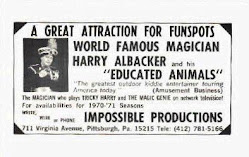

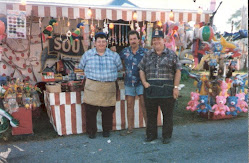




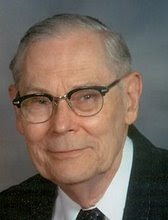
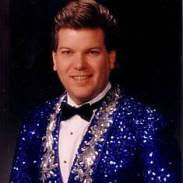






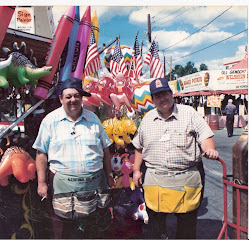
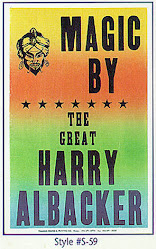















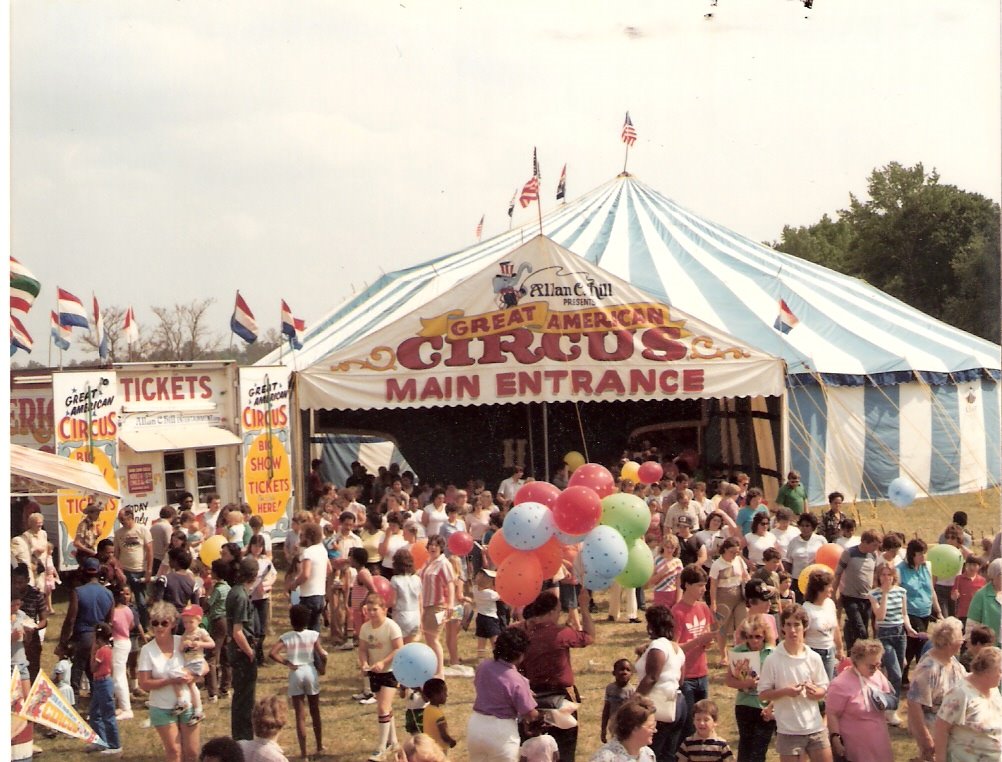









No comments:
Post a Comment